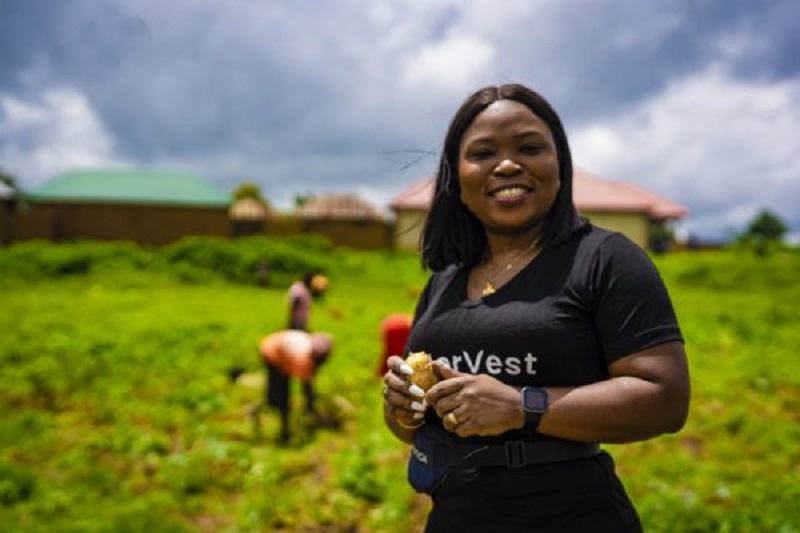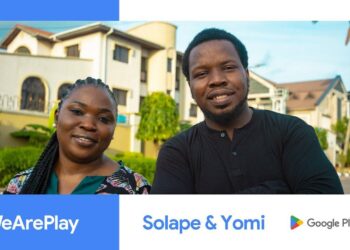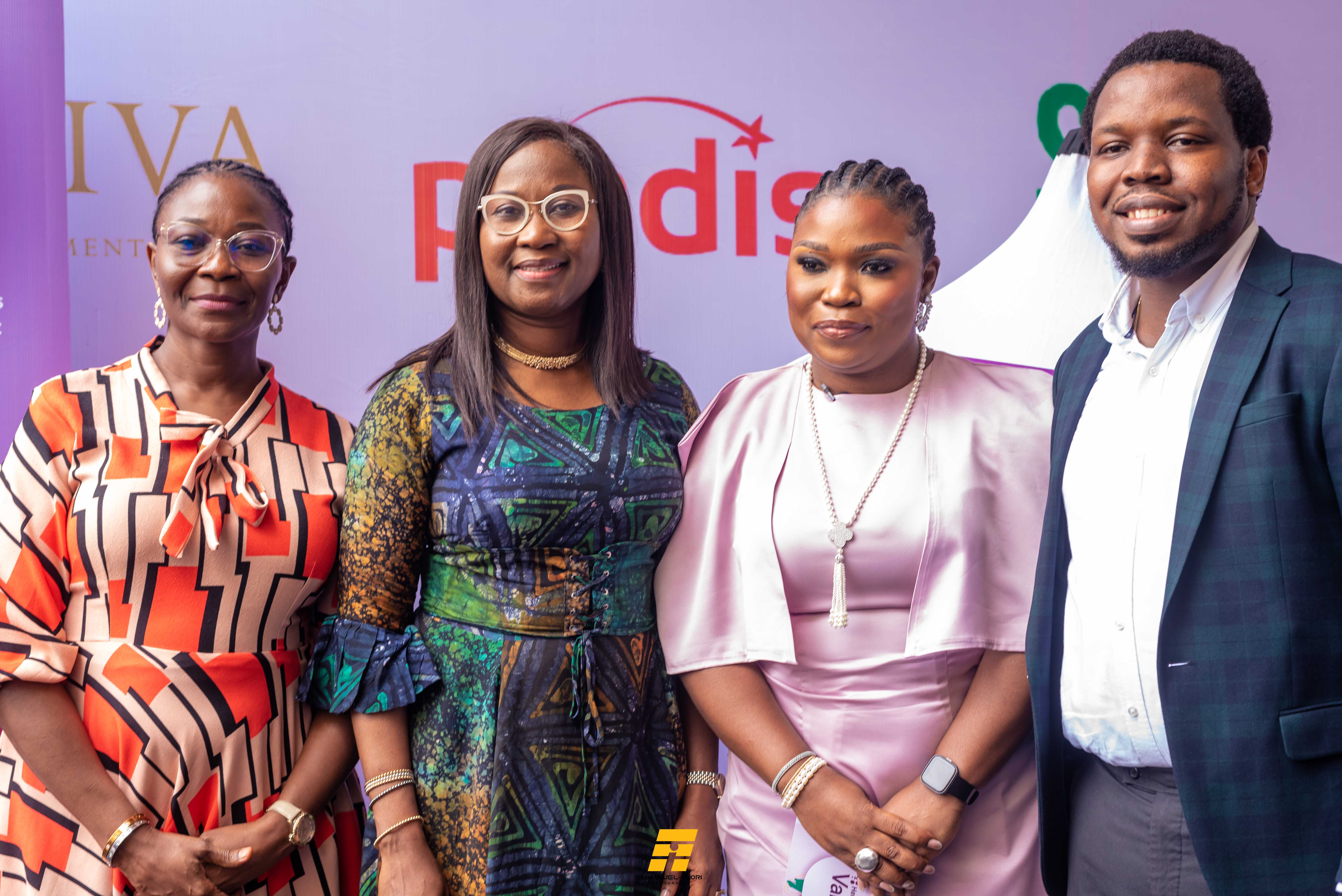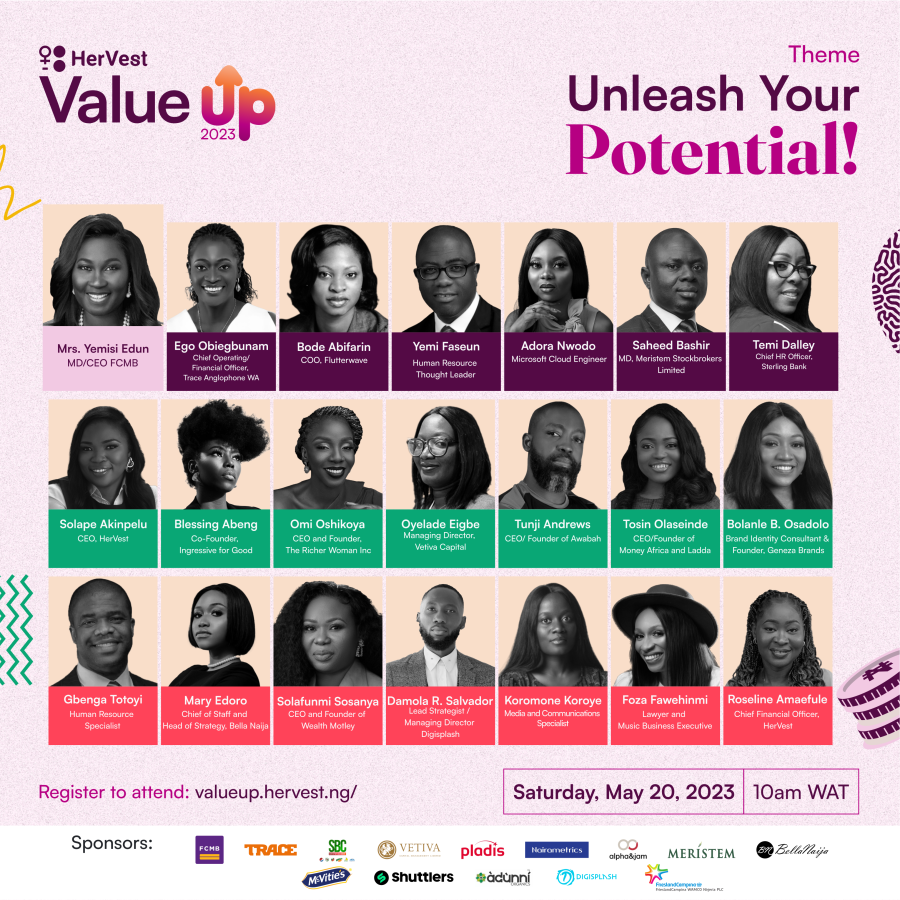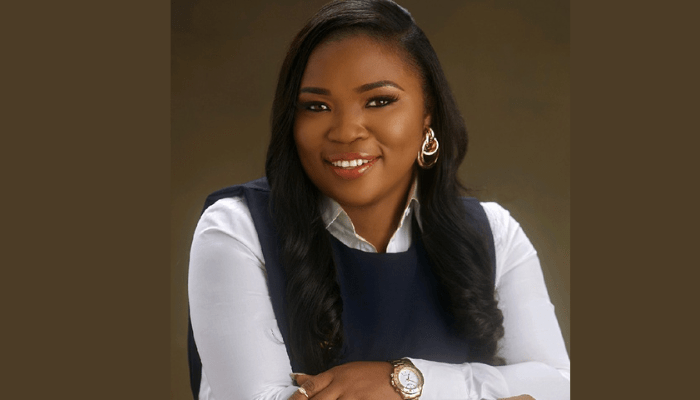If you care to look around, you will find that there are lots of statistics about women in Africa and finances. A recent study from 2020 stated that about 35 million women in Africa are not signed up for any financial service such as a bank or mobile money account. Another noted that on average, women in Africa own fewer assets than their male counterparts.
Still, a more recent statistic from 2021 says that many female-owned businesses may not actualise their potentials because of an estimated $42 billion financing gap for women in Africa, even though more women than men become entrepreneurs in Sub-Saharan Africa.
It has been said over and over that any obstacle that prevents the woman from fully exploring her financial capability could be depriving the continent of women’s contributions to the economy. When you look beyond routine banking services like saving and withdrawals, you note again that while a lot of women are exploring earning opportunities, not many are going beyond routine banking services to access other banking services. A good way to change this is increasing women’s financial literacy, and this is one of the solutions that Hervest is trying to resolve.
As a guest on the Nairametrics Business Half Hour, CEO of Hervest, Solape Akinpelu, explained how Hervest was founded to give women greater access to use of financial services like savings, impact investments and credits.
“Right from when I started marketing, I had noticed a very low adoption of women in finance (statistically) there is a persistent 25% of financial services among women. More women adopt banking and that is where it stops, but mostly, they are not looking at other services like investments and the rest. I just thought we could change that status quo.
“Gender finance is not just for women. we have most of our women being underwhelmed financially, with low access to credit, low financial literacy, not creating enough wealth and it affects all of us economically,” Akinpelu noted.
After what could be rightly described as a rich career in the financial sector, Solape decided that it was time to change what was considered a norm and get women to become more financially included.
From bootstrapping, the Hervest team found a few angel investors and this got them started. All the financial services available on Hervest is targeted at women generally, but the team decided that a good use of the finance in impact investments would be to target smallholder female farmers.
According to Akinpelu, the choice of targeting females in agriculture was two-fold, for the females in that sector, and for the economy.
“Economically, agriculture contributes about a quarter to our GDP, and the world is having a global food shortage, so it wouldn’t be out of place if we all decide to become farmers ourselves. Also, the agricultural rural population in Nigeria is made up of 75% women but the structured farming that goes into that system is about 10%. Most of them are not maximising the efforts they put into farming, neither are they getting good returns on their input. By offering them blended financing, we are solving double problems,” Akinpelu explained.
Hervest offers the smallholder female farmers blended financing which includes training, resources and finances. There is financial literacy trainings (often language-based), and then they are connected to financing, and later to the market so that they can make good returns on their efforts. The blend of the trainings, funds and market makes for better impact on the female rural farmers, than simply giving funds without any training.
The Hervest team is looking at extending this to 10,000 female farmers in the year 2022, and going as far as Niger, Benue, Oyo and Ogun states. It is expected that this should provide some sort of equaliser, as the male counterparts have better access to financing.
The Hervest team tried to extend gender equality into the recruitment but was constrained by the realisation that there were very few females in tech.
“We are talking financial inclusion for women but in reality, we have more women in fragile roles that they are the first considered for layoffs and the likes. There is a gender gap in core areas like tech and we realised this when we started recruiting and so we decided to do something about it. We can’t be talking to a bunch of broke women. We have to ensure that women also adopt technology and those areas that will give them a financial edge and have sought-after income sources. This saw me take the role of country director, women in tech, to cover and close the gender gap.”
How it works
It all starts with downloading the Hervest app from the playstores and signing up. After this, one can choose a saving plan and begin to save. The Hervest team works with these farmers in collectives, conducts due diligence, vets their projects, batch them together and raise their farms on the platform. Other women saving on the app can now invest in the farms in short 5 to 6 months cycles. Users who do not wish to invest in anything can stick to automated, periodic and targeted savings.
There are also resources available on the app to teach women about financial literacy and empower them with other tools. It can be summarised as women saving funds to finance female farmers, so that they can all get good returns on their funds and efforts. Hervest is an enabler, empowering women with better ways to earn, save and invest. The Hervest (digital savings and investment) app has been downloaded and is being used by thousands of clients across Nigeria.
Akinpelu notes that there is nothing restricting males from using the app and its offerings. “We are women-focused, but we have men who are interested in what we do, and how these funds are being used to lift other women and with good returns too. You will just find that most of the content we have on the app addresses you as a female.”
Working with CBN-licensed platforms makes the savings and investment process seamless. Having grown to this point of serving close to 10,000 clients, Hervest is now seeking institutional funding to accelerate towards more growth and impact. The goal is to get up to 300,000 users in Nigeria onboard by the close of 2022. There are also plans to launch in Kenya, Zimbabwe and other African markets with similar challenges.

